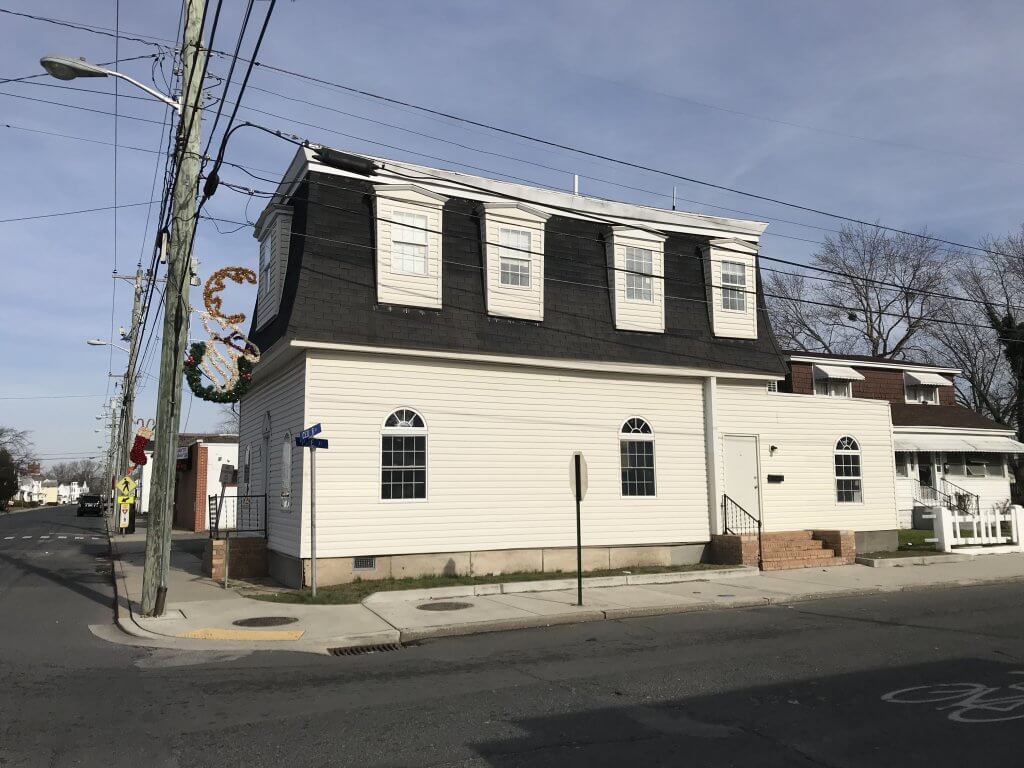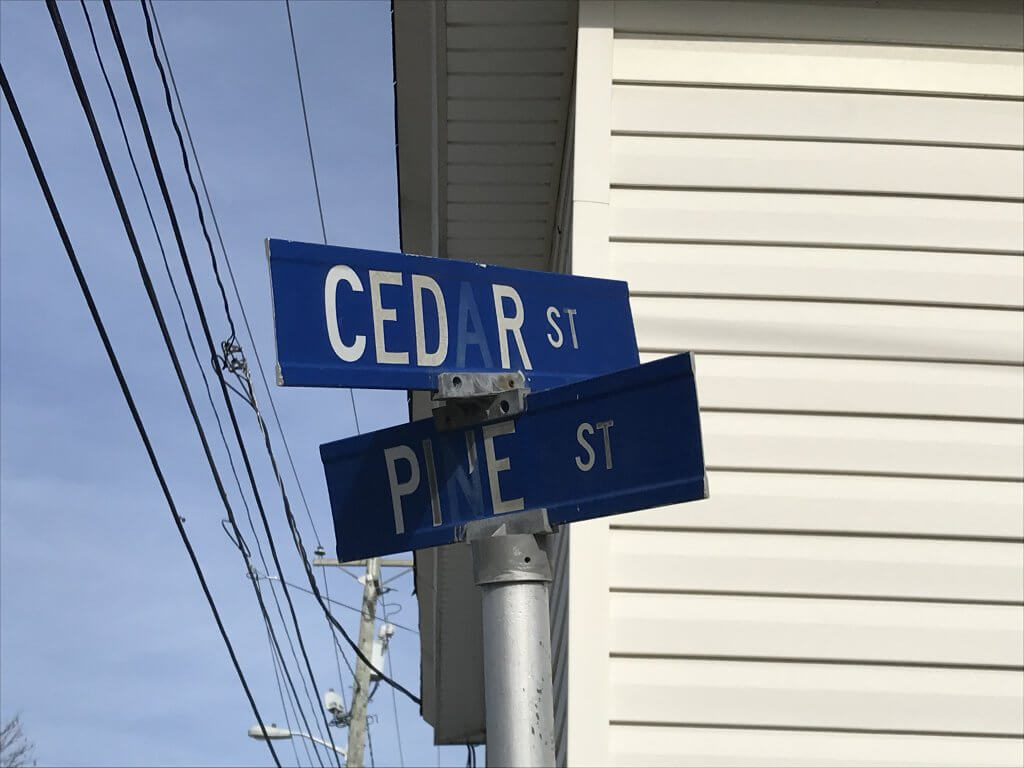INTRODUCTION
This remembrance was written in 1965 while the author was working as a full-time civil rights volunteer with the Cambridge Nonviolent Action Committee (CNAC). It was in the form of a letter and addressed to Sam Smith, editor and publisher of “The Idler,” his alternative monthly magazine. The D.C. demonstration mentioned was on April 17, 1965, and was the first major anti-Vietnam war protest. It was organized by Students for a Democratic Society.
Dear Sam:
The only time you might have met Willie James Shoemaker was on April 17th, when he was one of 20,000 people protesting the war in Vietnam. We stopped by your place on our way into D.C. from Cambridge, parked on your street, and walked to the White House to join in the picketing. Sorry you weren’t with us. It was a beautiful day.
Up to last Sunday, Willie was one of the local staff workers here in Cambridge. He was in charge of helping Cambridge people and people living in the rural areas of Dorchester County get their government surplus food.
During most of the month, Willie would walk around town helping people get “certified” at the welfare office to get their food, what the government was handing out that particular month.
During the two days a month when the National Guard hands out the food, Willie would station himself at the Armory with a borrowed pick-up truck, carry boxes to cars, and deliver food to people who weren’t able to get down there by themselves, like old people and sick people and mothers who were working and people without cars.
Last Sunday, Willie was stabbed to death, right here in the office. He was 34 years old. Born in Selma, Alabama. We’re burying him today, up in East Newmarket in a grave which friends of his dug for him yesterday.

If you had met Willie that spring morning in Washington, you’d have met a very black man with brown, sleepy eyes which were always half-closed, wearing a sporty hat set straight on his head, with the brim turned up all the way around. Sort of a speckled, plaid job. I’m sure he would have needed a shave. An old brown jacket with a couple of tears. Pants which were baggy and aged, with cuffs over his heels. When you shook hands with him, you’d have noticed his hands were very hard, but warm, like his eyes.
He used to sleep here in the CNAC office because he didn’t have anywhere else. He had a glass he kept in a secret place so he could get drinking water at a tap outside, underneath the office. When the Pine Street “Organizers” would play the Edgewood Avenue “Avengers” in softball, Willie, up at bat, would tip his hat to the fans and usually make it to first, one way or another. One day when the boos and catcalls were particularly loud, Willie stole home from first.
Willie tried lots of times to deliver food to poor white people, and was always baffled by their hostility. When he would pull up at their houses with their food, sometimes they would ask him to take it in through the back door. Or just leave it in the front yard or on the porch. They might have done better by Willie.

Like many men around here, Willie fought in Korea. That must have baffled him too, made him wonder what he was fighting for. His right and freedom to sleep on the floor in old clothes? To beg nickels and dimes for cigarettes or a pint of Red Rose? An odd job now and then, if he had the courage to walk and walk, looking for work?
He wanted to go on the peace march very much, though he might not have been able to explain why. His reasons, though, were his clothes and his face, his eyes and his skin, the stubble on his chin with a lot of gray showing, his old Army shirt with PFC stripes. But in place of regulation brass on his collar, he wore a SNCC button.
I got lost from the Cambridge group during the morning at the White House, and when I finally caught up with them at the Sylvan Theater, they were gathered in one of the groves of blooming cherry trees.
Most of the Cambridge people were talking among themselves, not paying much attention. But Willie was standing and listening to the words as hard as he could, trying to bridge whatever distance there was between him and Staughton Lynd and Senator Gruening and I.F. Stone and the rest.
Which was good, because they were speaking about all the Willies of this world, and he was speaking to them. Cherry blossoms had fallen on his hat and on his shoulders.
Cover photo: Civil Rights Mural in Cambridge, Md. All photos: Gren Whitman

